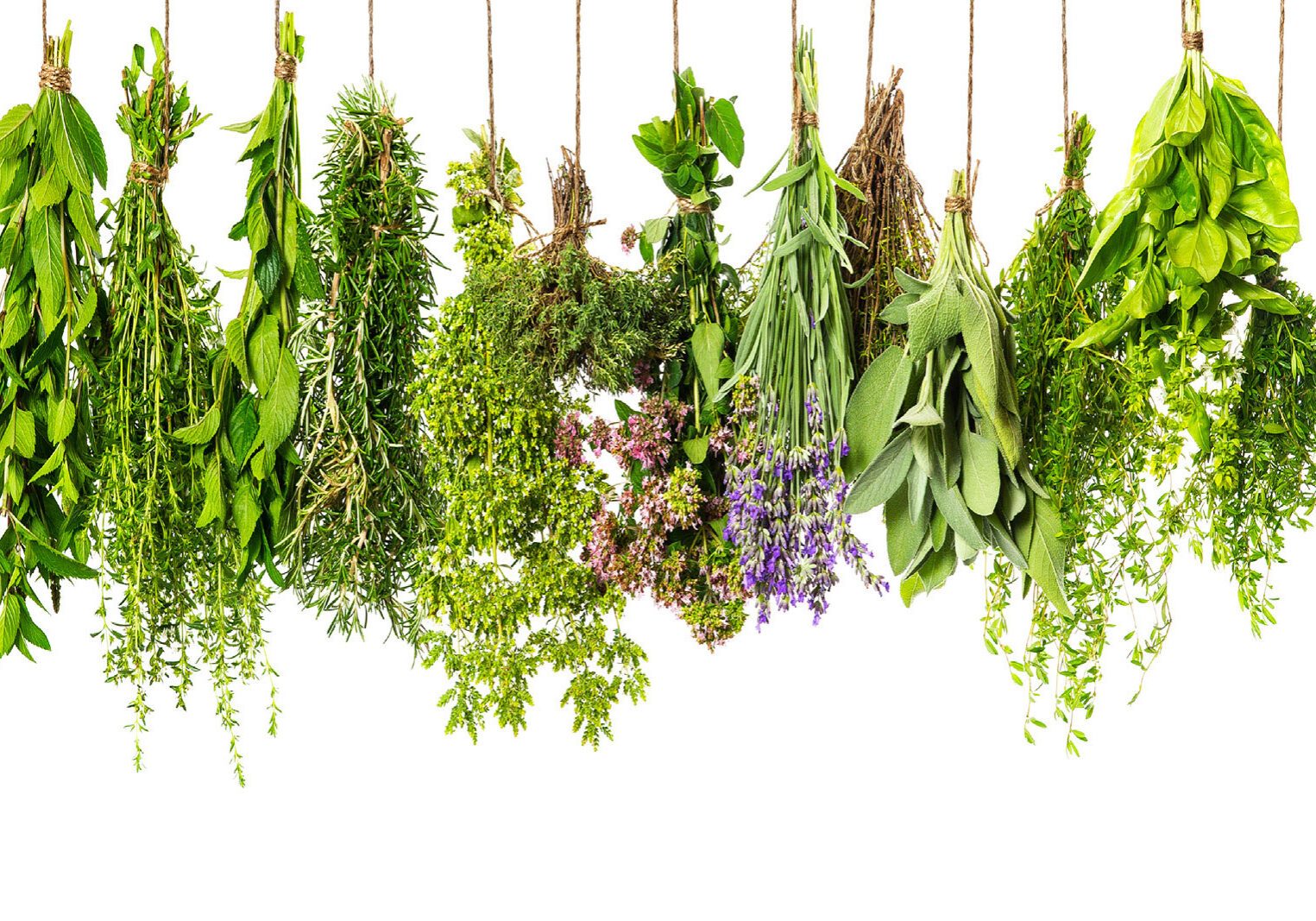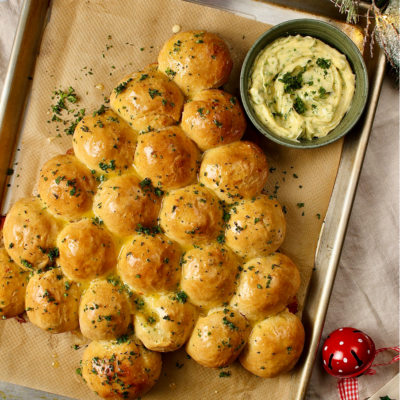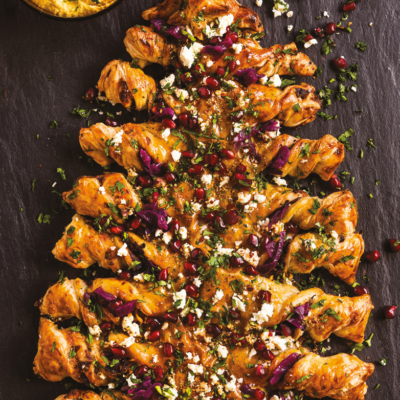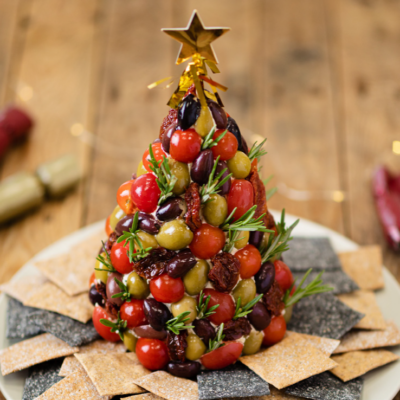
Autumn Harvesting
by Laura Storey
TIME TO REAP WHAT YOU SOWED!
It’s the most exciting and rewarding season for gardeners, while there is not much to plant, there’s plenty to pick!
Herbalicious
You should perform a last harvest of herbs around this time of year. Wait for a sunny morning to avoid moisture and before the flavour is affected by the heat of the sun. To get you through winter with some flavour, you can try and store the herbs. Bunch them together and tie with thread or an elastic band. Hang upside down indoors where they will keep warm and dry. This will dry the herbs and can take a couple of months; you may wish to cover the herbs to protect from insects. Of course, you can also achieve the same dry herbs in a quarter of an hour with an oven, but bunches of hanging herbs may help you achieve that yearned for cottage core look and saves on the energy bills.

Can ya dig it?
Veggies such as carrots and parsnips are a hardy and useful vegetable which got our ancestors through the winter. They can usually be left in the ground until needed for that legendary Sunday dinner, though don’t leave them too long. Water logged ground can spoil your whole crop and even the best garden won’t keep them fresh forever. To know when they are ready to pick, take a gander at the one nearest, if it’s big enough to eat – chances are the rest are too. Keep the potatoes in the ground until the tops have died, this is a signal your potatoes are ready to be mashed!

Oranges are not the only fruit
Apples, pears and blackberries are ripe for the picking and perfect for conjuring up a delicious autumnal pie. To get the perfect bake however, picking your moment to harvest is essential. Too early and the fruit will be bland, too late and you risk pests nicking your best bunches. Luckily, fruit gives us clues about when they taste best – apples at their best are firm with that distinct crunch when bitten into. Pick plums one by one when they begin to soften. Don’t pick fruit on a rainy day, just like vegetables, moisture will cause the fruit to spoil more quickly or sabotage any attempts at storage. When you’ve eaten enough, freeze the rest or make them into jams or jellies.
ColneLife Autumn 22




